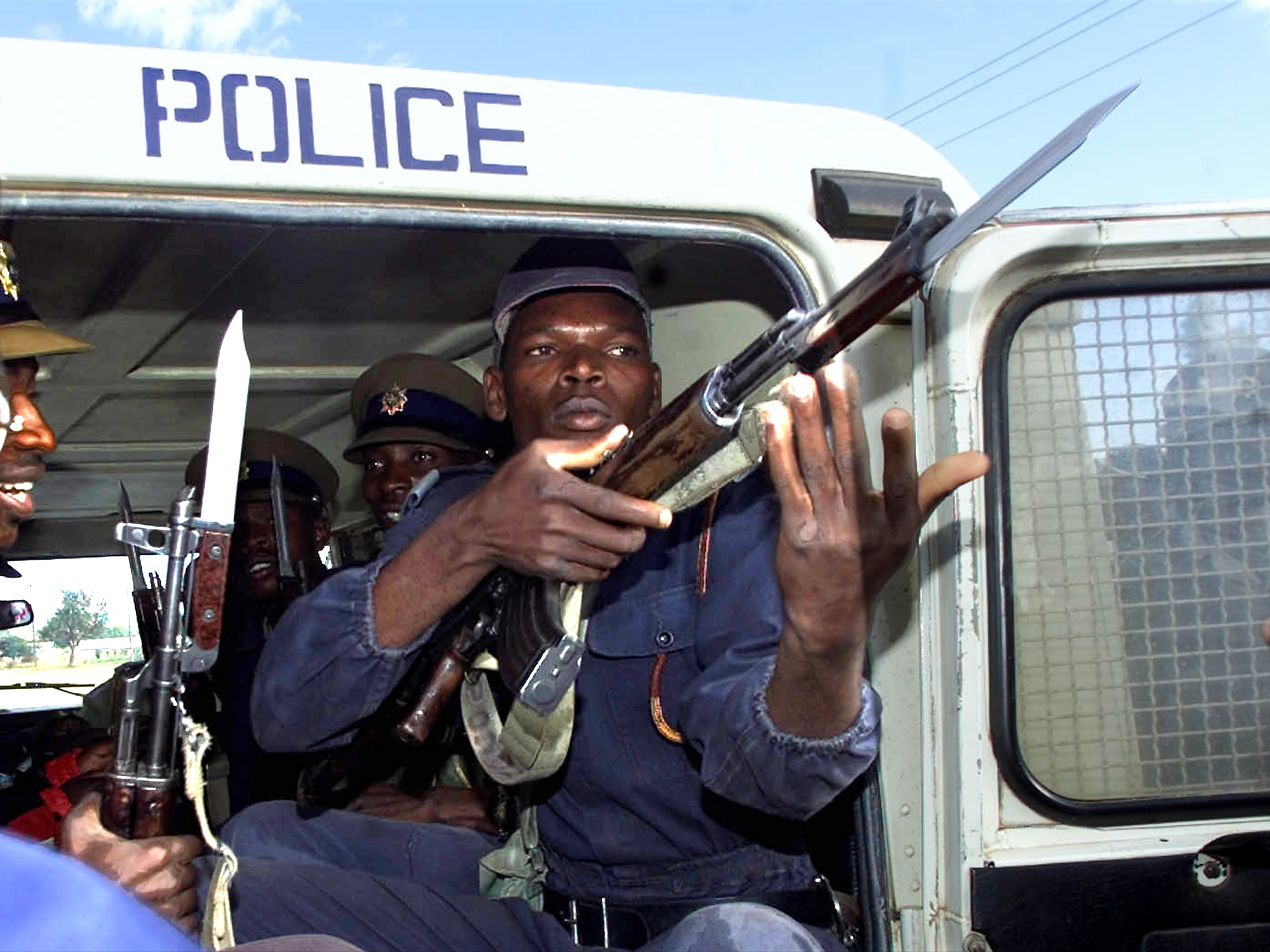
Riot police in military gear in the streets, dispersing peaceful protestors gathered to address grievances with their government. Protestors threatened with weapons. Civil rights violated. Despite similarities to recent events in the US, I’m not talking about Ferguson. This is Zimbabwe.
Would you be brave enough to peacefully take to the streets if you knew you were most likely going to be beaten and arrested? Would you be brave enough to serve as the lawyer for those arrested – to challenge in court the actions of your government and the validity of its laws? Even if the government then arrests you while defending the rights of your client? There’s a woman in Zimbabwe just that brave.
Beatrice Mtetwa was arrested in 2013 for demanding police produce a valid search warrant during a search of the home of a political opposition party member immediately after Zimbabweans voted on a new constitution. She was jailed for eight nights. Despite an initial victory in court where the charges against her were dropped, the government filed an appeal. For a year, Beatrice has waited in the legal limbo usually imposed on her clients, trapped in the legal system facing an uncertain outcome as the government manipulates the law to oppress dissent.
Amnesty is proud to partner with LinkTV/KCET and Georgia Tech University to provide an opportunity for you to learn more about this amazing woman and her work in Zimbabwe. The documentary film, Rule of Law, telling Beatrice’s story, airs for free on LinkTV/KCET at 7pm EST on Tuesday, November 11th. Immediately following at 8pm EST, Amnesty will live stream a Q&A session with Beatrice on our website. You can submit questions for Beatrice and the film’s producer/director via Twitter by using the hashtags #AllenPrize and #Mtetwa.
You can also take action to help Beatrice with her work in Zimbabwe. There is a law in Zimbabwe, the Public Order and Security Act (POSA), the government uses to stifle freedom of assembly and association, and consequently speech and expression. The law is used to restrict gatherings, including breaking up peaceful protests with violent attacks, particularly those of political opposition members and members of organizations perceived as critical of the government. It has also been used to marginalize human rights defenders such as Women of Zimbabwe Arise (WOZA). Under the new constitution, POSA is required to be amended but the government has made no move to do so. Demand the Zimbabwe government amend the law in line with constitutional requirements.
We are supposed to support the police because they have been risking their life for the peace of every citizen. But we are never able to understand once we have been through tough situations.